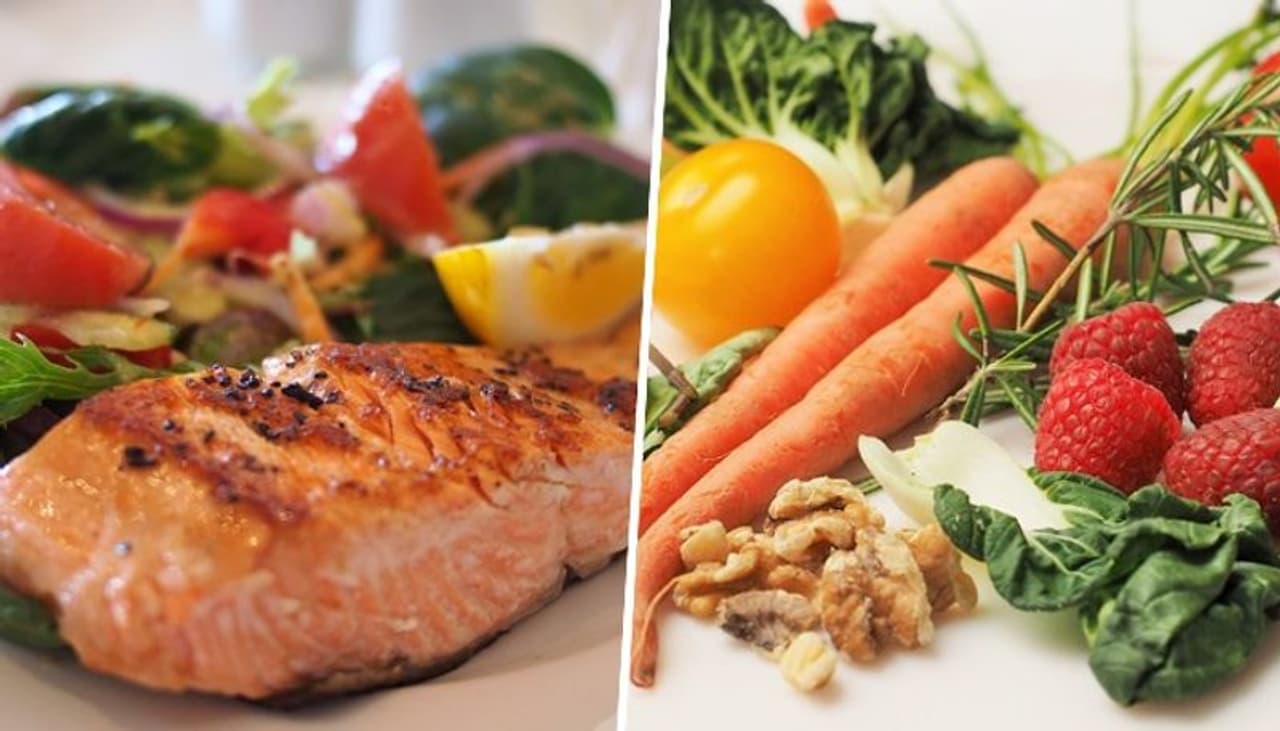Healthy Fats to Antioxidant-Rich Foods: 7 ways to achieve radiant skin through diet
Achieve radiant skin through dietary changes: prioritize hydration with water-rich foods, consume antioxidants from fruits/vegetables, include omega-3 fatty acids for elasticity, ensure vitamins A, C, and zinc intake, incorporate protein for collagen support, limit sugar/processed foods, and benefit from green tea's antioxidants

Pixabay
Revitalize your skin naturally! Embrace a radiant glow with strategic dietary choices—hydration, antioxidants, healthy fats, and essential nutrients for a luminous complexion

Pixabay
Hydration: Staying well-hydrated is crucial for maintaining skin health. Drinking an adequate amount of water helps flush out toxins from the body, keeping the skin hydrated and plump. Include hydrating foods such as water-rich fruits and vegetables in your diet, like watermelon, cucumber, and oranges
Pixabay
Antioxidant-Rich Foods: Antioxidants help protect the skin from damage caused by free radicals. Include a variety of fruits and vegetables in your diet, such as berries, leafy greens, and citrus fruits, which are rich in vitamins C and E, as well as other antioxidants
Pixabay
Healthy Fats: Omega-3 fatty acids, found in sources like fatty fish (salmon, mackerel), chia seeds, and flaxseeds, contribute to skin health by helping maintain its elasticity and hydration. These fats also have anti-inflammatory properties, which can reduce skin redness and irritation
Pixabay
Vitamins and Minerals: Ensure your diet includes essential vitamins and minerals like vitamin A, vitamin C, and zinc. Vitamin A supports skin cell turnover, vitamin C aids in collagen production, and zinc contributes to skin repair. Foods like carrots, sweet potatoes, citrus fruits, and nuts can provide these nutrients
Pixabay
Protein: Collagen, a protein found in the skin, is essential for maintaining its structure and elasticity. Include protein-rich foods like lean meats, poultry, fish, eggs, and plant-based sources like beans and legumes to support collagen production
Pixabay
Limit Sugar and Processed Foods: Excessive consumption of sugar and processed foods may contribute to inflammation and skin issues. Diets high in sugar can lead to glycation, a process that damages collagen and elastin, contributing to premature aging. Opt for whole, unprocessed foods to support overall skin health
Pixabay
Green Tea and Herbal Teas: Green tea contains antioxidants and polyphenols that can help protect the skin from UV damage and reduce inflammation. Herbal teas like chamomile and peppermint may also have soothing effects on the skin
Explore the latest Lifestyle News covering fashion, wellness, travel, Food and Recipes, and more. Stay updated with trending Health News, fitness tips, and expert insights to inspire your daily living. Discover personalized lifestyle trends that keep you stylish and informed. Download the Asianet News Official App from the Android Play Store and iPhone App Store for everything that adds value to your everyday life.